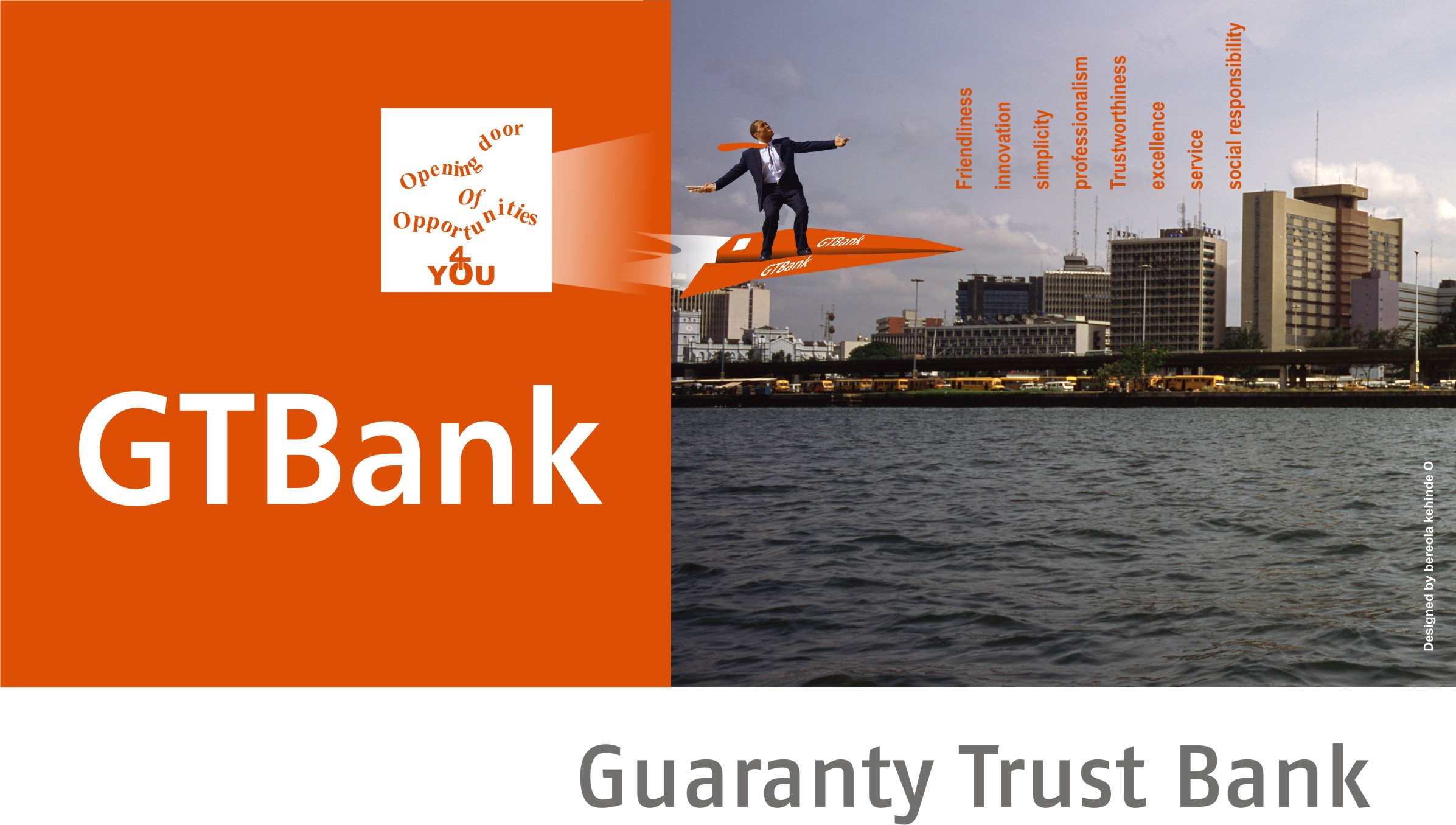- Innoson Sues GTBank for N400billion Over Defamation
The chairman/chief executive of Innoson Nigeria Limited, Chief Innocent Chukwuma and the company have filed a fresh lawsuit against Guaranty Trust Bank PLC in the High Court of Federal Capital Territory, Abuja claiming a total sum of N400billion damages for injury to their reputation, moral character, credibility, office, vocation and trade.
The lawsuit dated July 19, 2017 which was filed by Innocent Chukwuma’s counsel, Prof Joseph N Mbadugha Esq, is sequel to a recent decision by the Supreme Court of Nigeria in favour of Innoson Nigeria Ltd in Appeal No: SC/694/2014 between GTB v. Innoson Nig Ltd. There, on 12th May 2017, the Supreme Court dismissed GTBank’s application.
Innoson Nigeria Ltd had won various lawsuits against GTBank. On 29th July 2011, the Federal High Court, Ibadan Division, through a garnishee order absolute ordered the Defendants (GTBank) to pay the sum of over N2billion to Innoson Nigeria Ltd.
GTBank, however, appealed against the judgment to the Court of Appeal, Ibadan Division. But in a unanimous judgment, delivered on 6th February 2014, the Court of Appeal dismissed the appeal, affirmed the judgment of the trial Court and ordered the Defendant (GTBank) to pay the said sum of N2billion to Innoson Nigeria Ltd.
The bank later sought further reliefs at the Supreme Court on 11 grounds in which it moved to amend its notice of appeal- to adduce fresh evidence – to show that Innoson Nigeria Ltd obtained the judgment of the Court of Appeal by fraud and fraudulent suppression of material facts.
The bank had through its motion on notice in Appeal No: SC/694/2014 dated the 22nd of January 2016 and filed at the Supreme Court on the 5th of February 2016, with a 15 paragraph affidavit in support averred that Innoson Nigeria Ltd obtained the Court of Appeal Judgment against GTBank in Appeal No CA/I/258/2011 by fraud.
But in a unanimous decision, on 12th May 2017, the Supreme Court dismissed the GTBank’s said motion on notice.
In the fresh suit, Innoson Nigeria Ltd and Chukwuma maintained that the words published by the bank – that it obtained the Court of Appeal Judgment by fraud and fraudulent suppression of the fact that Innson Nig. Ltd. was paid the sum N1billion in final liquidation of the judgment debt – implies that Chukwuma and Innoson Nigeria Ltd are dubious, dishonest, dishonorable, and untrustworthy, of questionable character, fraudster, criminally deceptive, cheats and obtaining money through false pretenses.
In consequence, Innoson Nigeria Ltd and Chukwuma are claiming against GTBank PLC as follows: N100billion exemplary damages; N100billion for injury to feelings – mental pains and anxiety; N150billion for injury to reputation and N50billion general damages.
Other reliefs being sought by Innoson Nig Ltd. and Chukwuma is perpetual injunction restraining the bank from further maligning or otherwise defaming them.

 Naira4 weeks ago
Naira4 weeks ago
 News3 weeks ago
News3 weeks ago
 Education4 weeks ago
Education4 weeks ago
 Social Media4 weeks ago
Social Media4 weeks ago
 Economy4 weeks ago
Economy4 weeks ago
 Investment4 weeks ago
Investment4 weeks ago
 Dividends4 weeks ago
Dividends4 weeks ago
 Business3 weeks ago
Business3 weeks ago





























